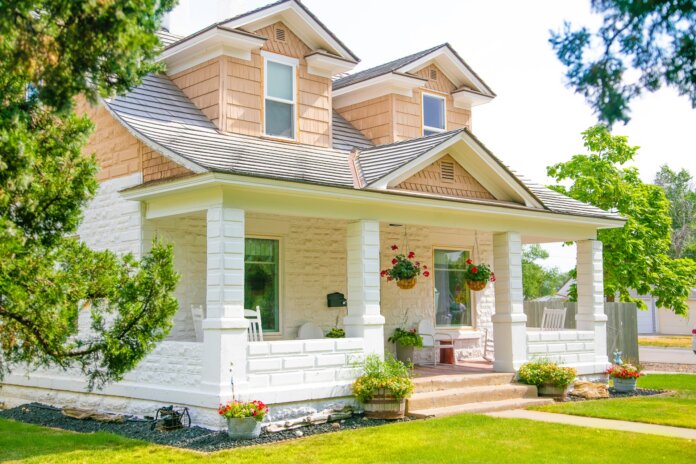Small mortgages are important tools for wealth-building and homeownership opportunities in financially undeserved communities. However, many homebuyers have struggled in recent years to obtain small mortgages to purchase low-cost homes, those priced under $150,000.
Research has found that small mortgages are scarce relative to larger home loans. Studies show that applications for small mortgages are more likely to be denied than those for larger loans, even when applicants have similar credit scores. Several possible factors contribute to the shortage of small mortgages.
The Pew Charitable Trusts analyzed the availability of small mortgages nationwide, the factors that impede small mortgage lending and the options available to borrowers who cannot access these loans. Pew researchers compared real estate transaction and mortgage origination data from 2018 to 2021 in 1,440 counties across the U.S.; looked at homeownership statistics; and reviewed the results from Pew’s 2022 survey of homebuyers who have used alternative financing methods, such as land contracts and rent-to-own agreements.
This analysis found:
- Small mortgages became less common from 2004 to 2021. Nationally, much of the decline in small mortgage lending is the result of home price appreciation, which continually pushes properties above the price threshold at which small mortgages could finance them. However, even after accounting for price changes, small mortgages are less available nationwide than they were two decades ago, although the decline varies by geography.
- Most low-cost home purchases do not involve a mortgage. Despite rising prices, sales of low-cost homes remain common nationwide, accounting for more than one quarter of total sales from 2018 to 2021. However, just 26% of properties that sold for less than $150,000 were financed using a mortgage, compared with 71% of higher-cost homes.
- Borrowers who cannot access small mortgages typically experience one of three undesirable outcomes. Some cannot achieve homeownership, which deprives them of one of this nation’s key wealth-building opportunities. Others pay for their home purchase using cash, though this option is challenging for all but the most well-resourced households and is almost never available to first-time homebuyers. And, finally, some resort to alternative financing arrangements, which tend to be riskier and costlier than mortgages because in most states they are poorly defined and not subject to robust—or sometimes any—consumer protections.
- Structural and regulatory barriers limit the profitability of small mortgage lending. The fixed costs of originating a mortgage are disproportionally high for smaller loans. Federal policymakers can help address these challenges by identifying opportunities to modernize certain regulations in ways that reduce lenders’ costs without compromising borrower protections.
Financing a home purchase with a mortgage is almost always in buyers’ best interest. However, homebuyers seeking loans under $150,000 are often unable to find a mortgage and so are deprived of the benefits of homeownership, of mortgages, or both.
Image by wirestock on Freepik.











